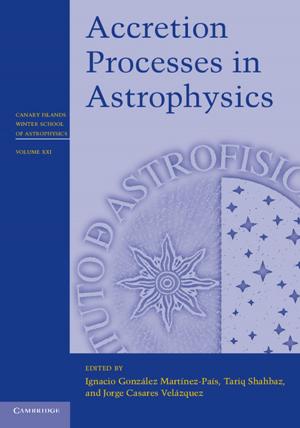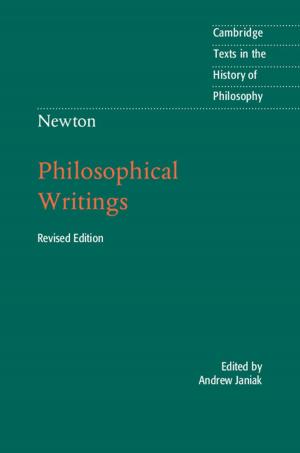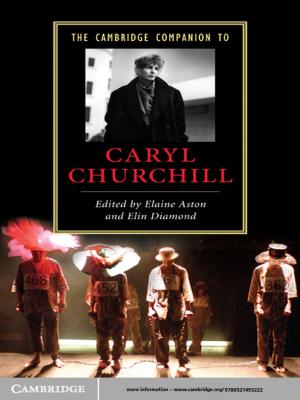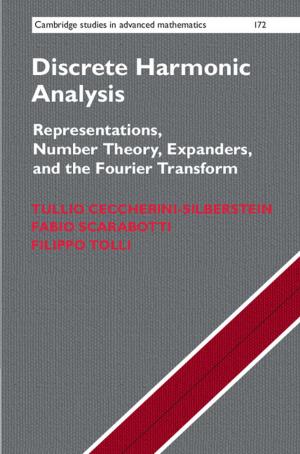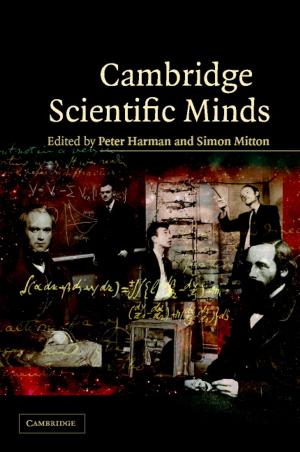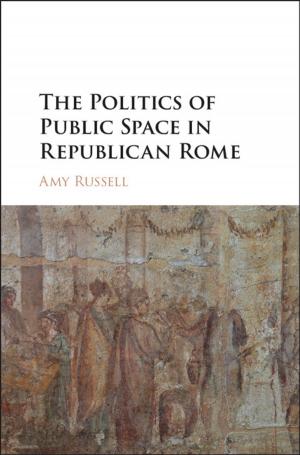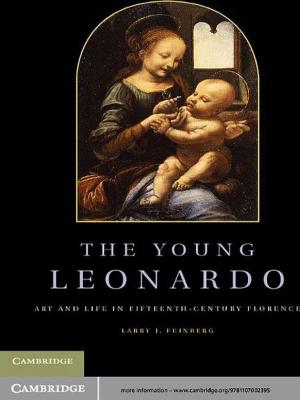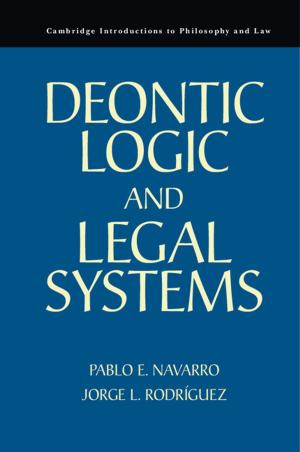The Hermeneutics of Christological Psalmody in Paul
An Intertextual Enquiry
Nonfiction, Religion & Spirituality, Bible & Bible Studies, New Testament, Study| Author: | Matthew Scott | ISBN: | 9781139862516 |
| Publisher: | Cambridge University Press | Publication: | May 12, 2014 |
| Imprint: | Cambridge University Press | Language: | English |
| Author: | Matthew Scott |
| ISBN: | 9781139862516 |
| Publisher: | Cambridge University Press |
| Publication: | May 12, 2014 |
| Imprint: | Cambridge University Press |
| Language: | English |
By re-examining the quotation of psalms in Paul, this book offers a fresh interpretation of the New Testament's reception of the Old Testament. Richard Hays's influential Echoes of Scripture in the Letters of Paul astutely identified the rhetorical device of metalepsis, or echo, as central to the study of Pauline hermeneutics. Hays's Paul was in sympathetic dialogue with the voice of Scripture, but Matthew Scott now challenges this assumption with close readings of echoed psalms voiced by David and Christ. Paul's use of metalepsis in Romans and 2 Corinthians reveals him to be a provocative, even polemical, reader who appropriates the words of David for a Christological purpose. Scott also illustrates how Christ succeeds David as the premier psalmist in Paul and considers whether, in doing so, Christ acts as inheritor or iconoclast.
By re-examining the quotation of psalms in Paul, this book offers a fresh interpretation of the New Testament's reception of the Old Testament. Richard Hays's influential Echoes of Scripture in the Letters of Paul astutely identified the rhetorical device of metalepsis, or echo, as central to the study of Pauline hermeneutics. Hays's Paul was in sympathetic dialogue with the voice of Scripture, but Matthew Scott now challenges this assumption with close readings of echoed psalms voiced by David and Christ. Paul's use of metalepsis in Romans and 2 Corinthians reveals him to be a provocative, even polemical, reader who appropriates the words of David for a Christological purpose. Scott also illustrates how Christ succeeds David as the premier psalmist in Paul and considers whether, in doing so, Christ acts as inheritor or iconoclast.


